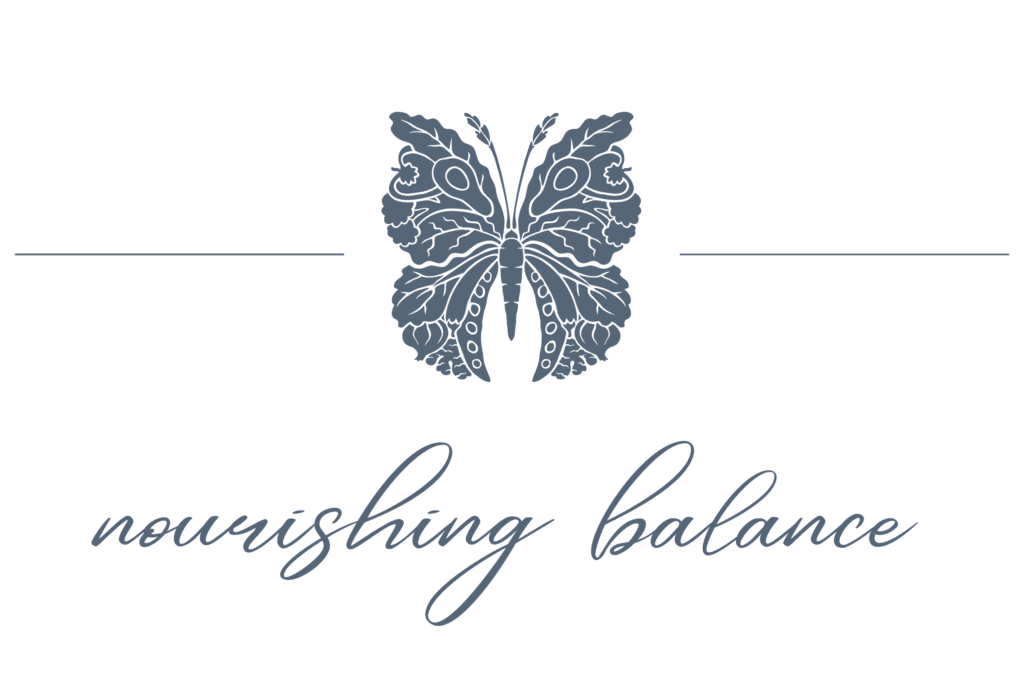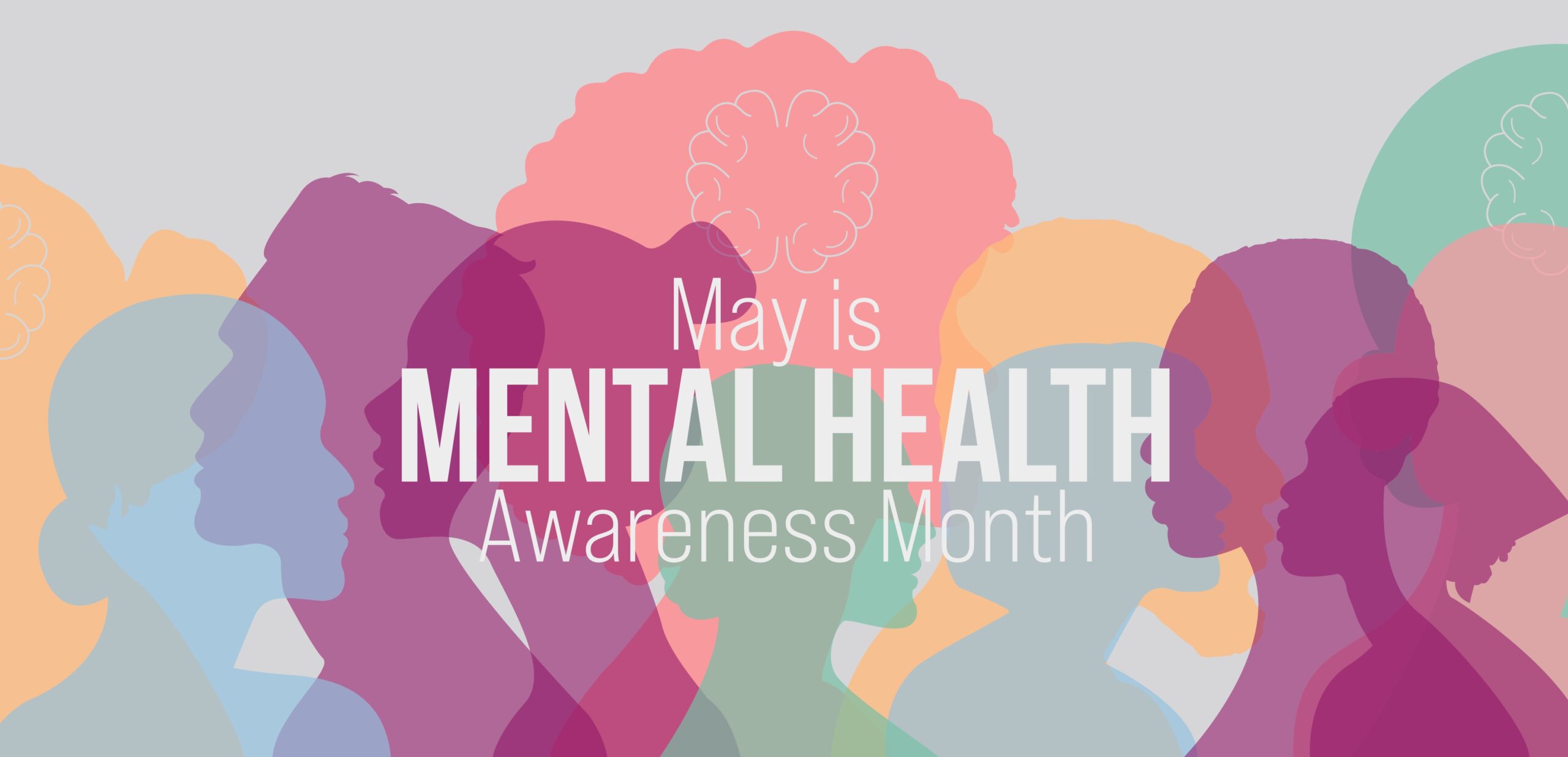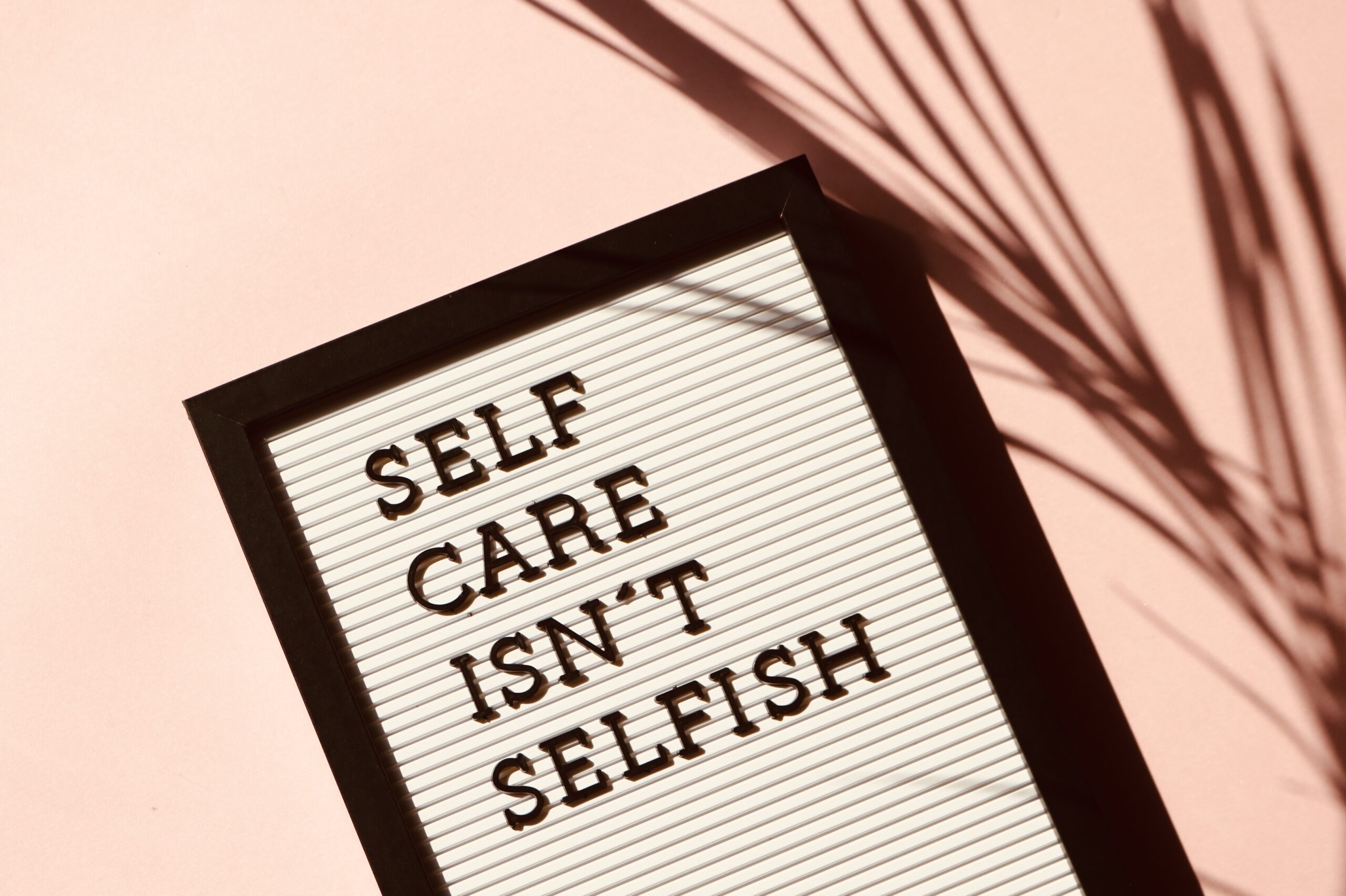Let’s talk about weaning your baby off of breastmilk or formula!
Babies should start getting some solid foods, with a focus on iron-rich foods, starting around 6 months, and can start to be weaned off of formula around 9 months (if your baby is breastfed, continue to breastfeed until it no longer makes sense to your family, however you can start supplementing breast milk with homo milk at 9 months). During this stage of your little one’s life, they are constantly growing, which means they need a lot of nutrients! Remember that despite their high nutrient needs, babies have very small stomachs! Because of this, it is very important to have nutrient-dense foods. Nutrient dense foods are foods that have a high amount of calories, protein, fat, vitamins and minerals per serving. Most families wean their littles onto homogenized cows milk (homo milk). With all of the buzz around non-dairy milks right now, you may be wondering whether cow milk is really the best option to give to your baby.
So, do babies need to have homo milk to be healthy?
The short answer is no – your baby doesn’t need dairy milk per se. However, they DO need all of the vital nutrients that are found in milk. Homo milk is very high in protein and fat, as well as providing calcium and vitamin D, all of which are essential for a growing baby! Many parents are concerned about giving their littles dairy because they have heard that cow milk has hormones in it.
In reality, this is a myth: Canadian milk is free from hormones! In fact cow’s milk should not also have antibiotics because if a cow is given antibiotics because it is sick, it’s milk is discarded (this is the same for organic and conventional milk). The only reason to be concerned is if your child has a dairy intolerance / allergy.
What if I want my child to be vegan / they have a dairy allergy?
The best non-dairy alternative to homo milk is soy milk, since it has a similar amount of protein to cow’s milk. Although soy milk can be fortified with vitamin D and calcium, it still does not contain as many nutrients as homo milk (and fortification can vary between brands!). Keep in mind that many milk alternatives are made from common allergens (including soy, almond, and coconut), so be sure to watch out for allergic reactions and do not introduce these products at the same time as other potential allergens. If your baby is unable to have dairy, I would highly recommend working with a dietitian to ensure your little is getting enough calcium, fat, protein, and vitamin D from other food sources to make up for what the milk alternative is lacking.
How do other milks compare to homo milk?
In 1 cup or 250 mL:
| Homo Milk | Soy Milk* | Almond Milk* | Coconut Milk * | Oat Milk* | |
| Calories | 150-170kcal | 90-100kcal | 30-60kcal | 45kcal | 110kcal |
| Protein | 8g | 7.5g | 2g | 0-0.5g | 2g |
| Fat | 8g (5g saturated) | 4g (0.6g saturated) | 3-4g (0g saturated) | 4g (3.5g saturated) | 3g (0.4g saturated) |
| Calcium | 300mg | 300mg | 300mg | 100mg | 300mg |
| Vitamin D | 180IU | 180IU | 180IU | 120IU | 180IU |
*Plant-based milk values are for fortified / enriched products; these milks do not naturally have significant amounts of vitamin D or calcium.
Homo milk is the clear winner in terms of being nutrient-dense, with the highest amount of protein and saturated fat that babies need to fuel their play and growth! Homo milk is also rich in other nutrients, like B vitamins. Soy milk is a clear second best, however the other plant-based milks are severely lacking in protein and fat. As always, it is important that you do what is best for your family; if you are unsure of how to best provide nutrition to your little one, contact a dietitian who specializes in postnatal and family nutrition! Good thing I do! If you are interested in a family nutrition consult, click “book me” on my homepage!
References:
https://www.urmc.rochester.edu/encyclopedia/content.aspx?contenttypeid=76&contentid=16139-1
https://familyandconutrition.com/cowsmilkandsippycup/
https://bcdairy.ca/milk/articles/organic-milk-vs-regular-milk-whats-the-difference




